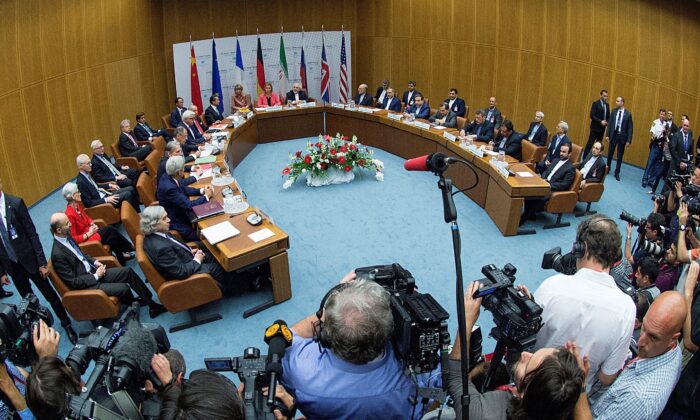European Union food import rules may cause shortages at US bases
European Union food import rules may cause shortages at US bases
Thousands of items sold in commissaries and exchange stores at U.S. military bases in Europe could soon be missing from shelves because of previously unenforced European Union rules on food imports, military and industry officials said.
The issue arose unexpectedly after 17 shipping containers destined for U.S. facilities were held up last week in Germany for not having the proper EU health certificates, said Stephen Rossetti, president of the American Logistics Association, which represents product manufacturers and distributors.
The EU requires imports with animal byproducts to meet its own standards, but in the past has allowed U.S. items for consumption on American military bases in Europe to pass through without the certificates, Rossetti said. The containers were released “but with a warning – ‘no more,’” he said.
Commissary and Exchange officials said this week their stores haven’t yet experienced product shortages from port delays in Europe. They are working with federal agencies to resolve the issue with the EU and continue to monitor the flow of products, they said. Military Times first reported on the potential shortages.
The restrictions apply to dry food items that contain animal components, “shipped via ocean carriers solely for U.S. service members and their families while they perform national security missions in Europe,” Defense Commissary Agency spokesman Kevin Robinson said.
The agency will “work with our military resale partners and industry suppliers to ensure our customers in Europe are supported,” he said.
Some 2,000 items sold by the commissary could be affected if more shipments are held up, ranging from baby food and canned meats to powdered milk and pet food, officials said.
But it would not affect U.S.-shipped products kept at the Kaiserslautern cold storage facility near Ramstein Air Base, because frozen or chilled products and fresh meat already have health certificates.
“If they impose this across the board, it would be catastrophic for military families who are still coping with concerns about product shortages during the pandemic,” Rossetti said. “It could cause empty shelves; it could cause some facilities to shut down.”
The Exchange carries about 5,700 U.S.-origin food items with animal byproducts, such as honey, creamer, frosting, lunch meat and pork rinds, said Chris Ward, an Army and Air Force Exchange Service spokesman.
A million cases of food in more than 400 shipping containers in various stages of transit could be immediately affected, Rossetti said. There’s up to a six-week pipeline to get products to Europe and many items have expiration dates, so border delays could pose problems, he said.
The new enforcement actions could also affect base restaurants, the school lunch program and dining halls, officials said.
The Defense Logistics Agency’s prime food services vendor has experienced issues with health certificates in Germany and Poland due to new local inspection policies, said Patrick Mackin, a DLA spokesman.
“We are continuing to keep a close watch on the situation, but at this time there hasn’t been a major impact on customer support,” he said.
The American Logistics Association contends that the certificates, which show conformity with EU health requirements, shouldn’t apply to its members “because they never have and it’s U.S. to U.S., so why now?” Rossetti said. “It’s sudden, it appears arbitrary … and sporadic.”
The logistics association, which is working with federal agencies, would like to see a waiver or a statement from the EU that they’re not going to require the certifications, he said.
“At the very least we need time … a delay on this so it can be sorted it out,” he said.
An official at the German Central Customs Authority referred Stars and Stripes to Germany’s veterinary and import office in Hamburg, saying entrance documents are reviewed by border veterinarians who decide whether to let in a product.
A spokesman at the Hamburg office said he could not immediately comment on the issue.
DeCA is coordinating with the Foreign Agricultural Service of the U.S. Department of Agriculture on current and future EU requirements, Robinson said.
If the requirements stand, DeCA could acquire the health certificates but the process could take months, he added.
Ward said the Exchange was reviewing all options, which could include acquiring more products locally.
svan.jennifer@stripes.com
Twitter:@stripesktown


